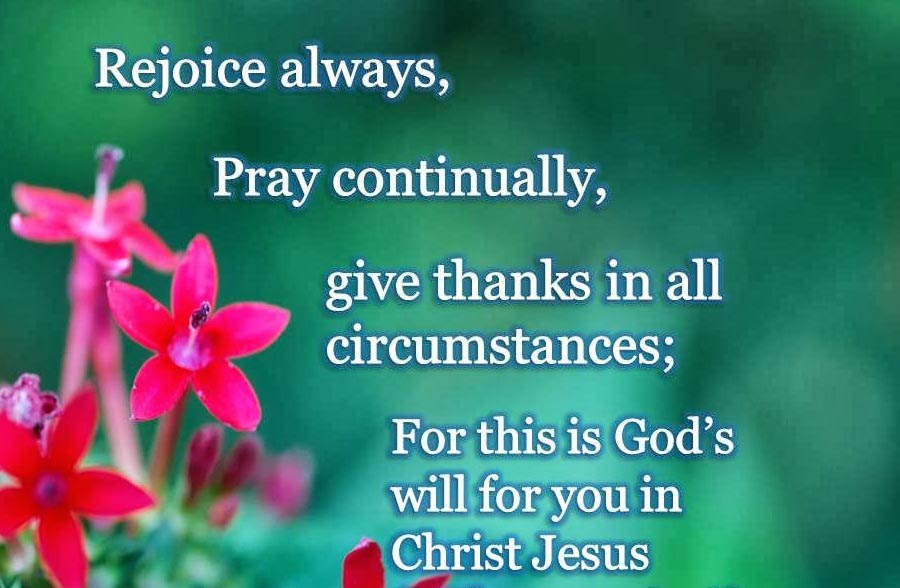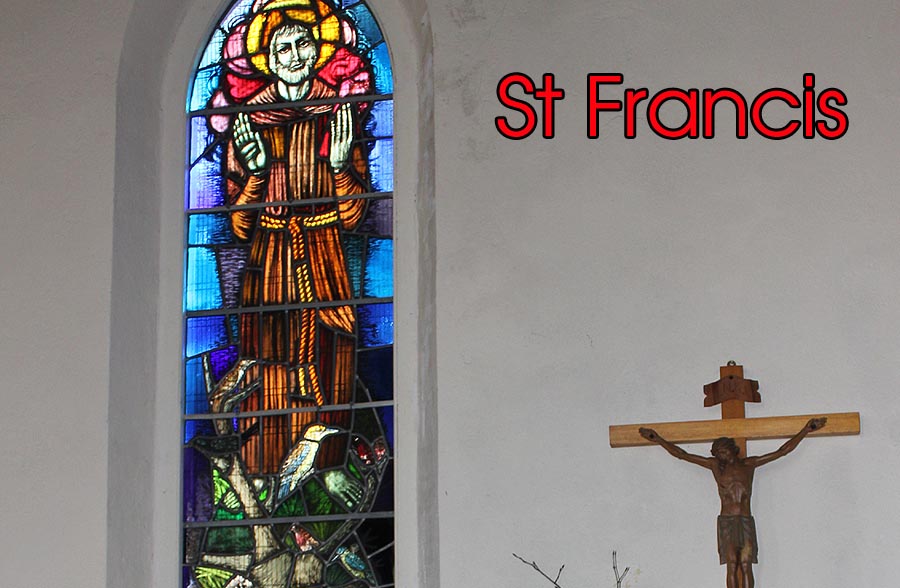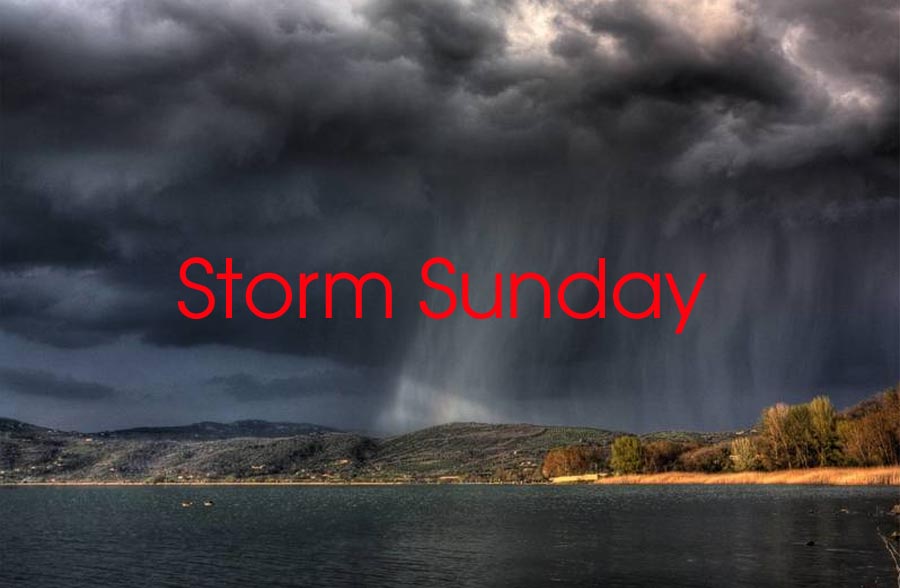Pentecost + 25C 6-11-2016 A & C
Discipling each other / Baptism of Olivia Jane Tula
We spend lots of time in sermons trying to get inside the scriptures – and trying to get the scriptures inside us. And doing that is very important to our growth – our maturing – as Christians. But does learning Bible stories bring us closer to God? Does learning about the societies and histories that gave us the scriptures bring us closer to God – help us to grow spiritually? Yes and no.
Yes; I hear stories from people like the Gideons about people who are transformed utterly by their first reading of the Bible. But on the other hand, where access to Bibles is something we take for granted, we don’t seem to be so open to such radical change. Some of us get amazingly knowledgeable about the Bible and its history, but we don’t really mature spiritually. Somehow, it doesn’t seem to make us more like Jesus. Our learning alone doesn’t disciple us properly. There’s something more that needs to happen.
I want to talk about one way that something more has happened for me. Most of you will know that I was on retreat the week before last. And on retreat, I experienced a different approach to scripture; a very important next step in reading Scripture. So let me tell you about my retreat.
First of all, it was a silent retreat. On the evening of our arrival – the Monday, we got to talk with each other over dinner. But once we began to say Compline together – the night prayer – we stopped all conversation for the rest of the week. The only words we’d speak from then on would be the responses during daily worship services, and at our interviews with our spiritual director each morning. Phone and computer use were discouraged too. So we weren’t waiting to speak; we were listening. But what for, and who was speaking?
Each night, we went to bed with a question we were given at Compline. On the first night, the question was what baggage we brought with us on the retreat. It was a shorthand question inviting us to make a note of what pre-occupations; what worries; what unfinished business; what sadness; what anger; what unfulfilment might take over our listening and invade our silence.
It was a good question, and I presented my spiritual director with a wheel-barrow-load next morning. She wasn’t fazed at all. She asked me how I prayed – how I normally laid all these things before God? That was certainly something to ponder on when, for once, I had a day before me when I couldn’t do anything about any of my baggage. I could have felt pretty locked down.
But morning prayer brought the next question – which undid the lock. The gospel for the day was the (Mk 10.46-52) story of blind Bartimaeus – the beggar who cried out to Jesus from the roadside; “Have mercy on me!”. When Jesus called him, Bartimaeus came eagerly to stand before him. Jesus asked him, “What do you want me to do for you?”
That was the next question we were given. And it turned a number of tables.
For once, all that baggage I’d brought with me was cast in a new light. There wasn’t anything I could do about it. I was as helpless with all that stuff as Bartimaeus was with his blindness. But that was alright. Suddenly, Jesus was right in front of me saying, “What do you want me to do for you?” The tables were turned. I wasn’t bringing my worries to my prayer time; I wasn’t asking questions of the Scriptures like I normally do. The Scriptures were asking me a question. “What do you want me to do for you?” I could drop all that baggage I’d brought, and for once in my hectic year, listen to Christ’s voice speaking to me; words of invitation; invitation to choose to be grown as his disciple.
My ponderings led me to really want to change in one particular way. I can have a tendency to pessimism or mistrust – about people; about world events; about how things are going in the Church – the list could go on. It’s a deep-seated, old habit of thought and feeling. Theologically, it’s a tendency to be wilfully blind to the wonderful things God is up to. So Bartimaeus’ story with its question “What do you want me to do for you?” stayed firmly with me.
Until Wed morning prayer, and the (Jn 5.1-9) story of the sick man who’d come to the pool of Beth-zatha every day for thirty-eight years. That’s a long time to be sick! And Jesus asked him that very peculiar question; “Do you want to be made well?” Surely he wanted to be made well! Yet if your identity gets tied up with being a certain type of person, maybe you don’t. So it seemed that my prayer for change had to become a daily decision. My habits of negativity had been many years in the making. It wasn’t going to be a simple matter of change. Jesus had spoken again from scripture asking me for a decision.
Thursday’s story (Mk 5.24-34) of the woman healed of a bleeding which had afflicted her for 12 years and cost her everything she had confronted me with the extreme risk she took to reach out to Jesus for transformation. And the question that day was, “What would you be willing to risk?”
Friday’s question brought it all together; Paul (Rm8.9-17) asked, “Does the Spirit call you to new life?” My Christian pilgrimage is about laying down my old life so that I may be raised to new life. (cf Olivia’s baptism today)
Spending days in silence with these questions is a confronting thing. Each day, my spiritual director made sure I was not straying from the focus I needed to keep. But my question today is how to give entire congregations the opportunity for this kind of invitation to grow; be healed; risk; find new life?












































